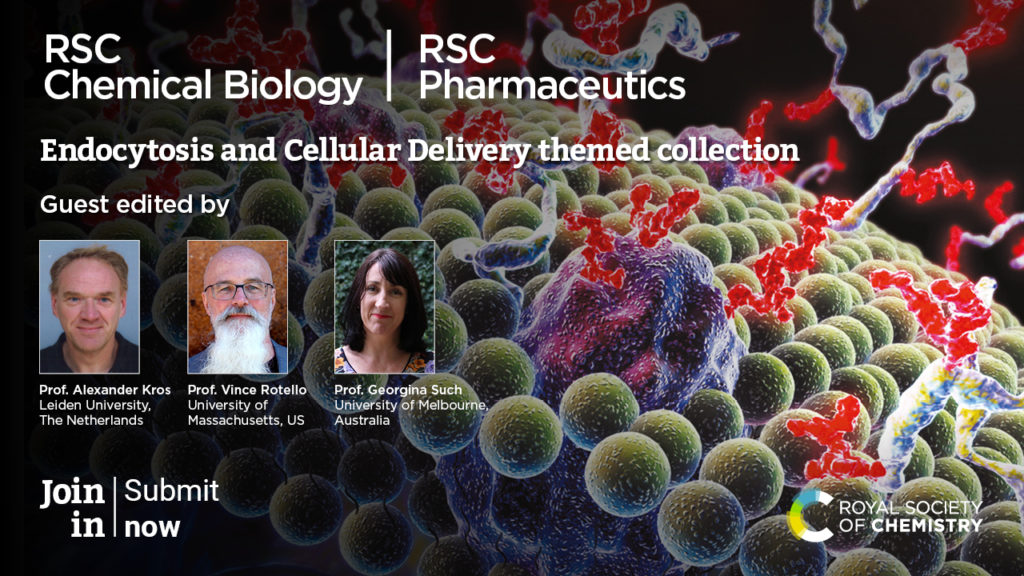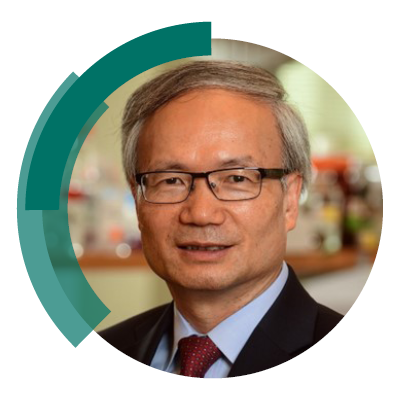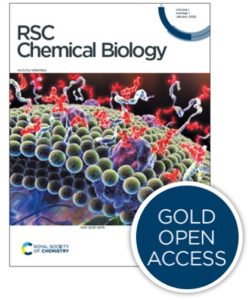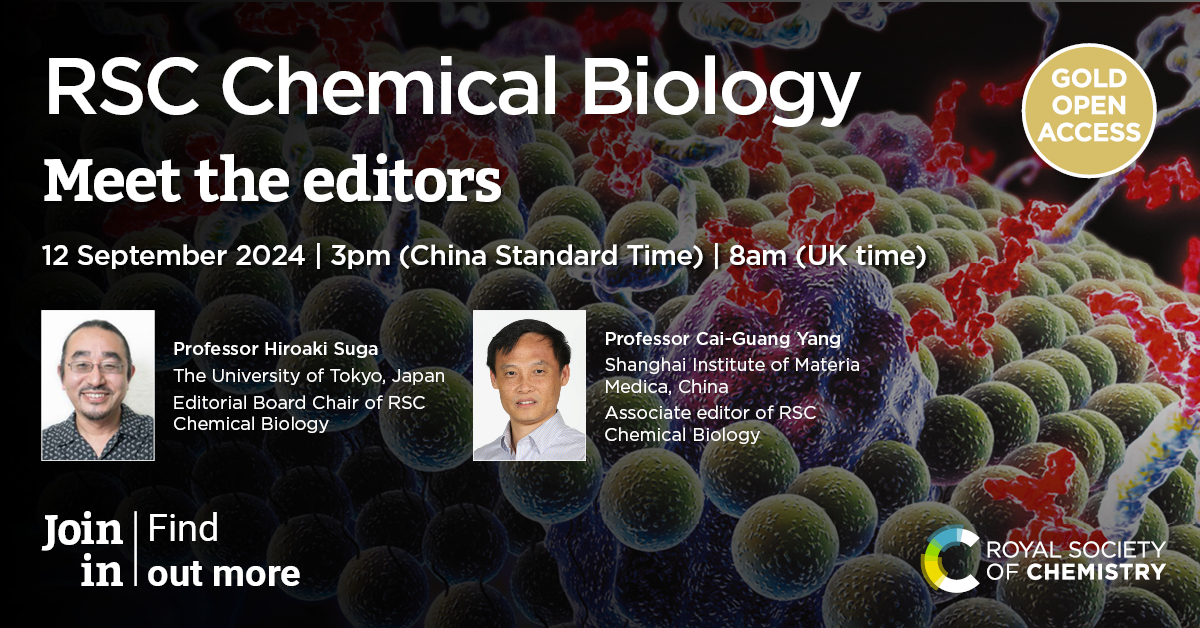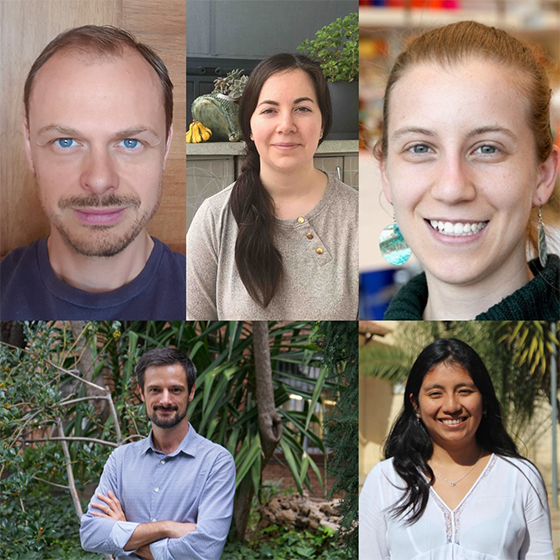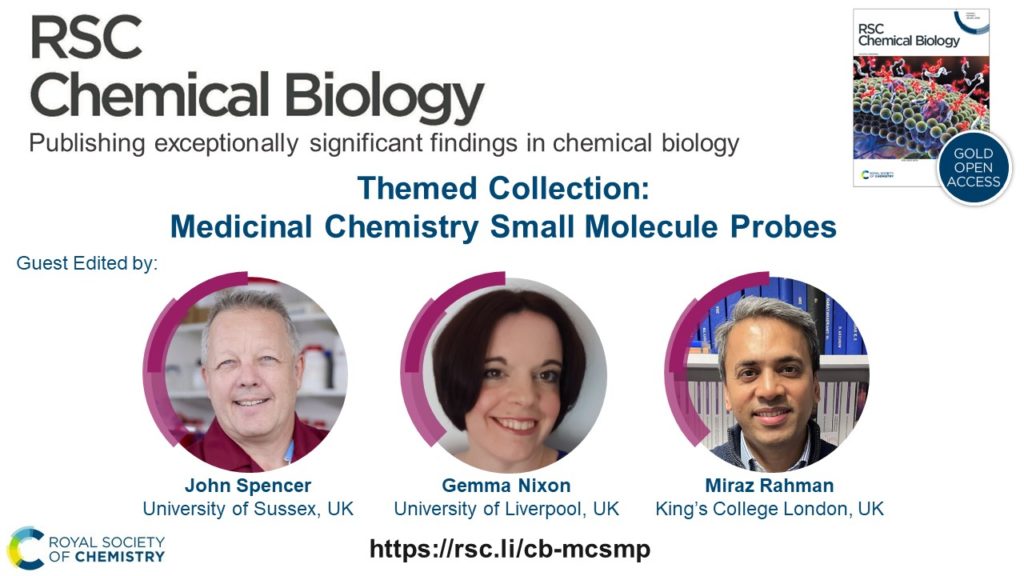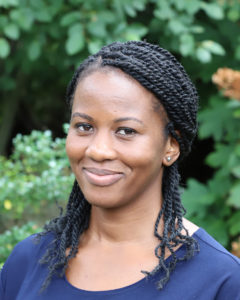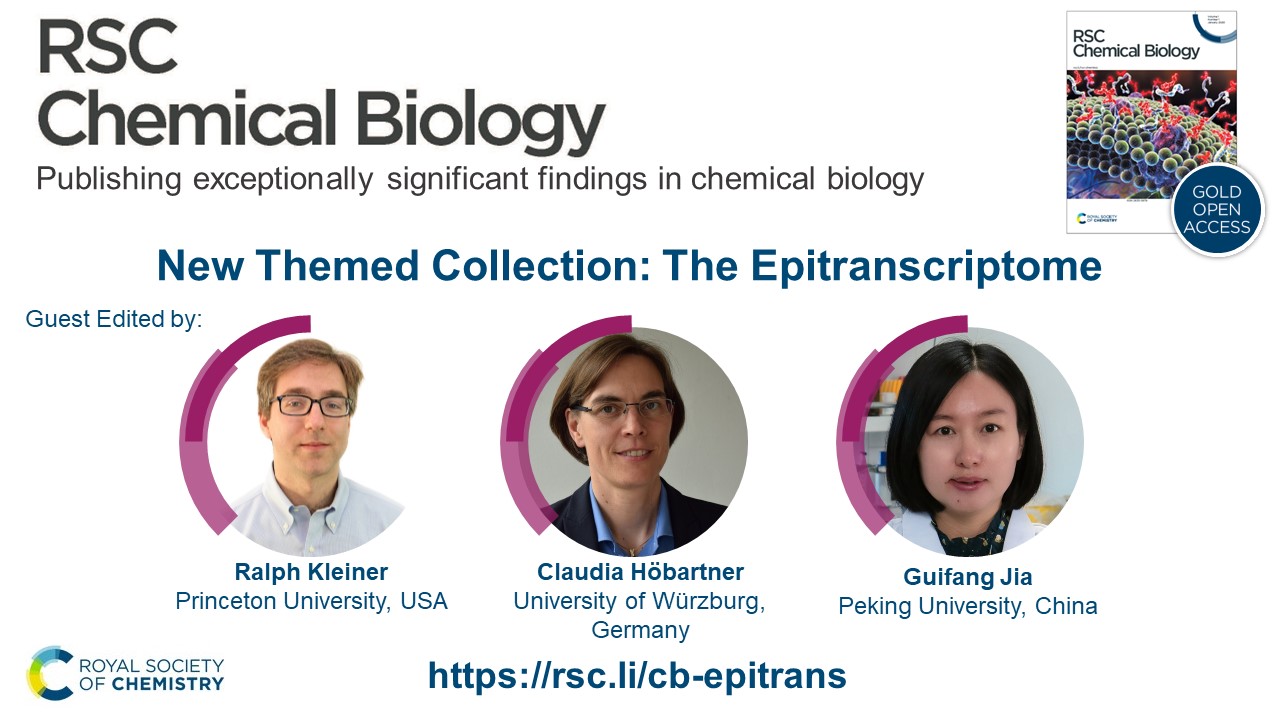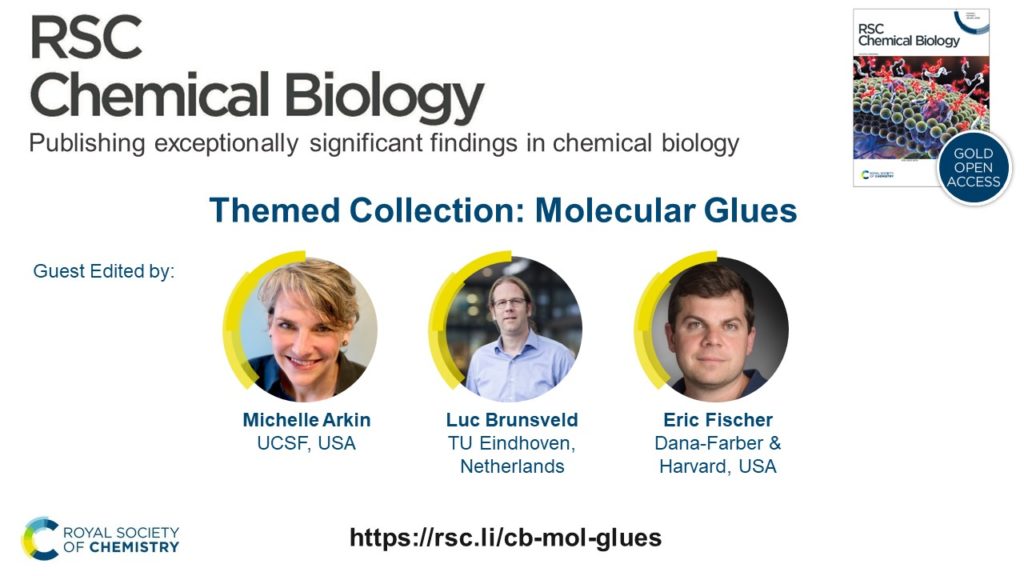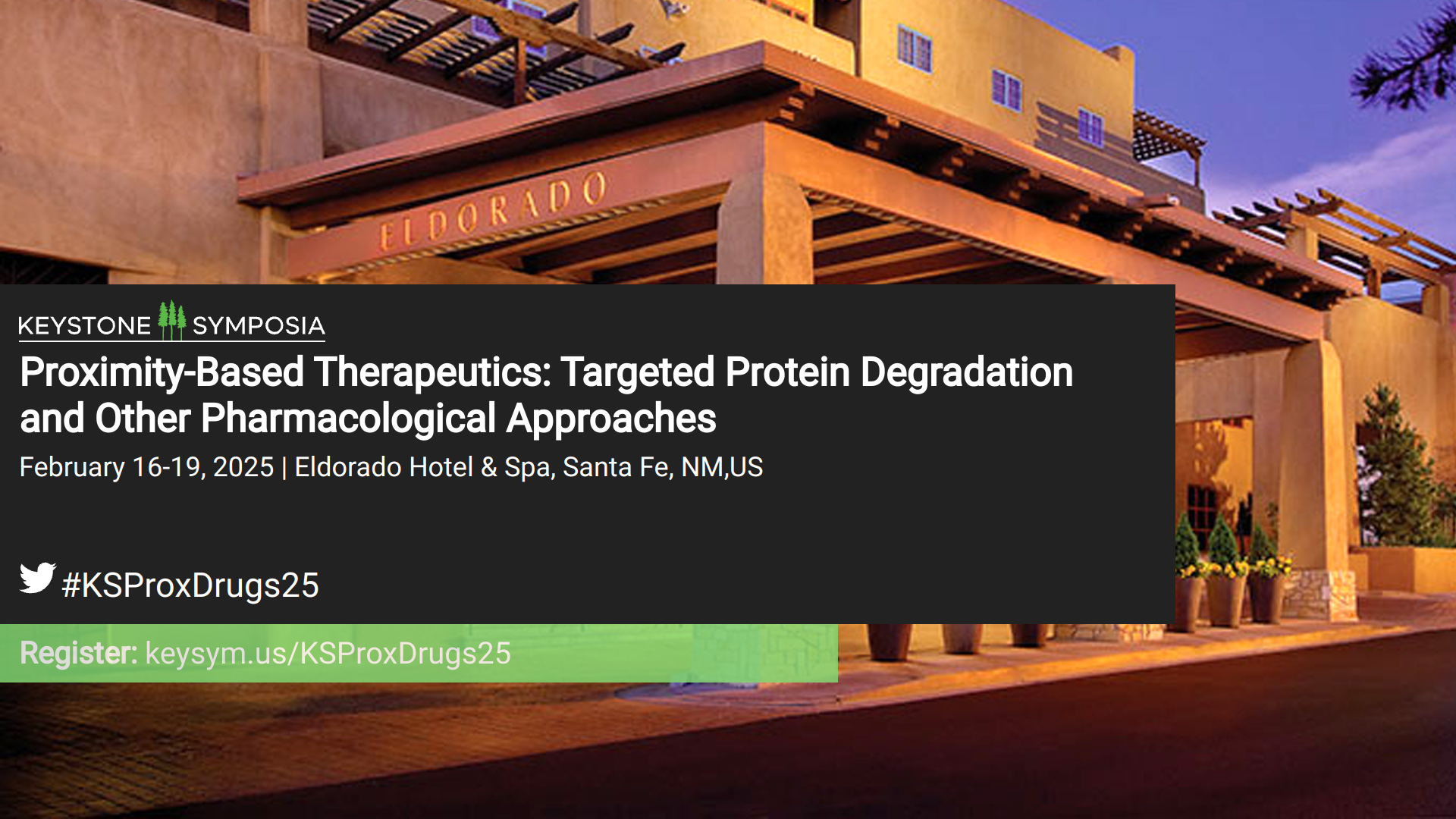
Join the Keystone Symposia for Proximity-Based Therapeutics: Targeted Protein Degradation and Other Pharmacological Approaches from February 16-19, 2025, at the Eldorado Hotel & Spa in Santa Fe, NM. Organised by Dr Philip Chamberlain from Neomorph, and Dr Fleur M. Ferguson, from the University of California, San Diego, this symposium promises to unravel the latest advancements in targeted protein degradation (TPD) and chemically-induced proximity.
This symposium is a great event for researchers, clinicians, and industry leaders keen on translating cutting-edge discoveries into clinical applications. With sessions covering biochemistry, drug discovery, and digital bioengineering, attendees will delve into the clinical pharmacology of targeted protein degraders and explore new modalities that harness cellular processes for therapeutic benefit.
Engage with pioneers in the field through exclusive speaker sessions and a dedicated Career Roundtable. This unique opportunity allows trainees and early-career investigators to connect with leaders from academia and industry, offering invaluable career advice and networking prospects.
Join the Keystone Symposia Community
Stay updated with the latest conference news and announcements by subscribing to their newsletter. Be the first to know about program updates, speaker reveals, and exclusive offers.
Sign up for newsletters here.
Don’t miss out on this opportunity to shape the future of proximity-based therapeutics. Register now and secure your place among the leaders driving innovation in TPD and induced proximity.
Visit the official conference page for more details and to register.


